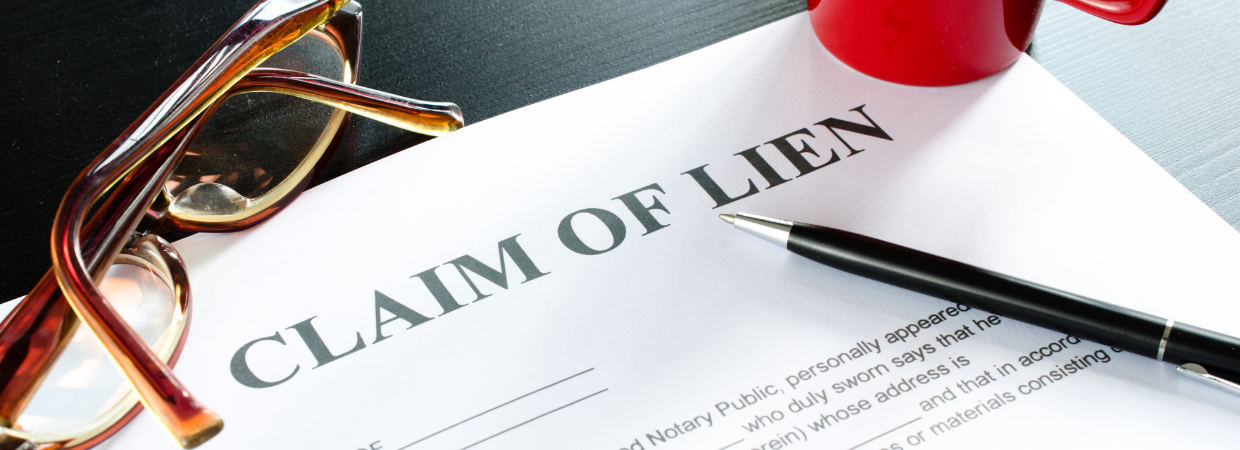Lien: What Is It?

A lien is a legal claim on an asset used as collateral on some type of debt. Liens are usually placed on houses and cars when debts (loans) such as mortgages or car loans are past due. The creditor then has the ability to sell and satisfy their debt if the loan could no longer be paid.
When you are looking to buy a house, you first have to get a mortgage which is a common type of lien called a voluntary lien. In this type of lien, the home you purchase is used as collateral incase you cannot pay back your loan. For example, if you received a housing loan from a lender, you would pay monthly mortgage payments in order to reimburse them. Yet, if you were to lose your job or have some other financial emergency that prohibited you from paying back the lender, they would foreclose on the house in order to satisfy their debts.
If you were looking to refinance your home or sell it, you must have a clear title. This means you must have paid back your debts to the lender. Putting a lien on a property is a guaranteed way for lenders to recoup the money you have borrowed. If you wish to take out a home equity line of credit, another lender will place an additional lien on the property.
There are also a variety of liens that are involuntary. These include property tax liens, judgement liens, mechanic liens, and homeowners’ association liens. Property tax liens are superior in that they will take first position ahead of a mortgage lien. If the homeowner or the mortgage lender does not pay the taxes on your home, your property has the possibility of going to tax sale.
A judgement lien is created when a person wins a lawsuit against someone else and places a lien on an asset.
A mechanic lien occurs when a homeowner hires a trade worker to work on their home and they place a lien on the property if they are not paid for their work.
Homeowners’ Association liens occur when a homeowner doesn’t pay their HOA fees and the HOA places a lien on your home as a result.
For more information, chat with us at callhallfirst.com or give us a call at 866-Call-Hall.



